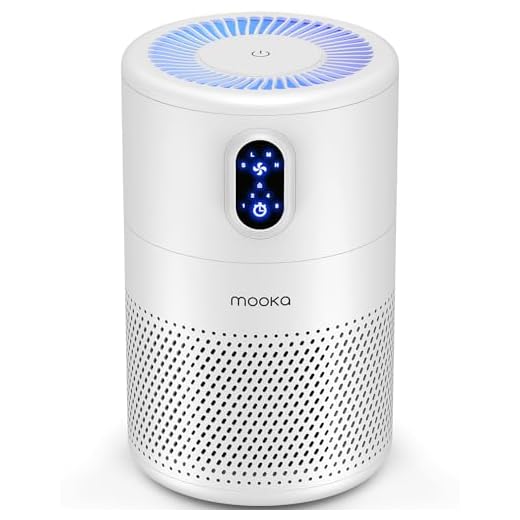


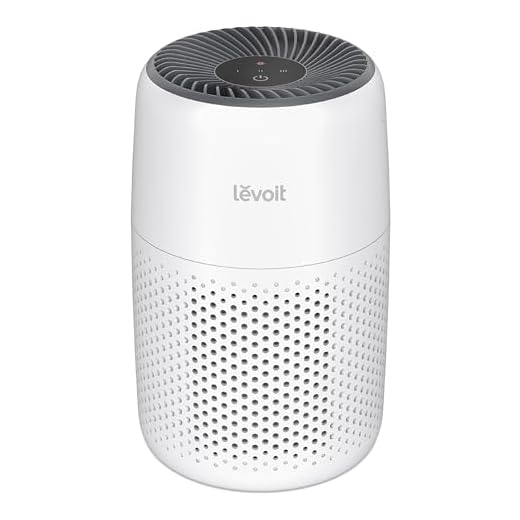
Regularly cleaning the litter box is a non-negotiable habit. Scoop it daily and replace the entire contents weekly. This simple routine makes a significant difference in maintaining a pleasant ambiance.
Incorporating air purifiers can work wonders. These devices filter out odors and allergens, creating a healthier environment. Choose one with a HEPA filter for optimal performance.
Utilizing baking soda is another trick. Sprinkle it in the litter box and other areas prone to odors, allowing it to absorb unpleasant smells. It’s a natural and safe option, ideal for homes with pets.
Investing in high-quality cat litter can also enhance the overall scent. Look for options designed to neutralize odors rather than just cover them up.
Regular grooming is essential for feline companions. Brushing my fur helps reduce shedding and dander, contributing to a fresher atmosphere. A well-groomed cat is a happy cat!
Finally, adding indoor plants can naturally purify the air. Choose pet-friendly varieties that are safe for curious paws, creating a beautiful and fragrant living space.
Tips for a Fresh Atmosphere
Regularly clean litter boxes to prevent odors from spreading. Scoop daily and replace the litter weekly, ensuring a sanitary environment. Consider using clumping litter, which can help control smells more effectively.
Utilize Natural Deodorizers
Baking soda is a powerful ally. Sprinkle some in the litter box and any areas where I lounge. It absorbs unwanted scents and leaves a fresher ambiance. Additionally, try placing bowls of vinegar around the room; it neutralizes odors without any harsh chemicals.
Ventilate Frequently
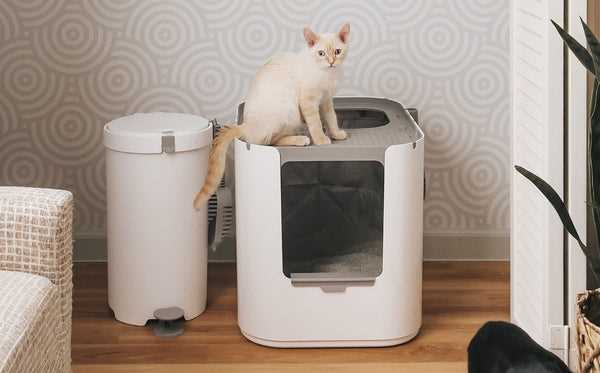
Open windows to allow fresh air to circulate. Good airflow helps reduce lingering smells. Invest in air purifiers with HEPA filters to capture pet dander and odors, ensuring a cleaner air quality in your space.
Regular Litter Box Maintenance Tips
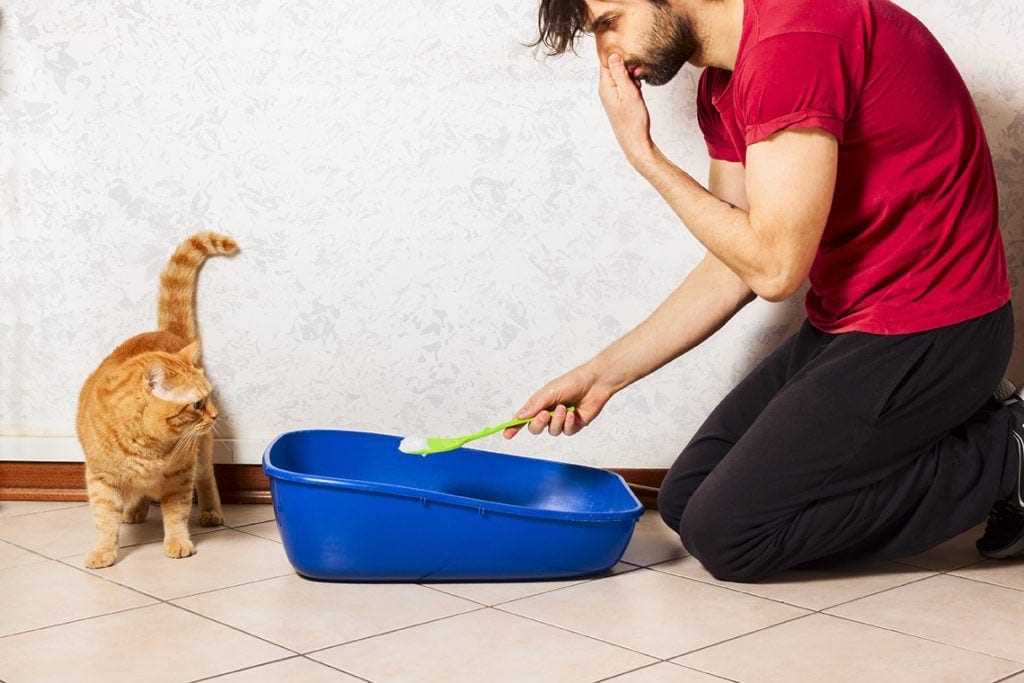
Daily scooping is non-negotiable. I insist on having my litter box cleaned at least once a day. This prevents odors from building up and keeps my space fresh.
Choosing the Right Litter
- Opt for clumping litter. It makes scooping easier and traps odors effectively.
- Consider unscented options. Some fragrances can be overwhelming for sensitive noses.
- Natural litters made from recycled materials can offer excellent odor control without harsh chemicals.
Box Placement and Cleaning
- Position the box in a well-ventilated area. Good airflow helps reduce smells.
- Wash the box weekly with mild soap and water. Avoid strong chemicals that could deter me from using it.
- Replace litter completely every two weeks to maintain hygiene.
By following these steps, I ensure my domain remains pleasant for both me and my human companions. Regular maintenance is key to a fresh atmosphere!
Choosing the Right Cat Litter for Odor Control
Select a clumping litter made from natural materials like clay or corn. These options absorb moisture effectively, forming solid clumps that are easy to remove. Look for brands that advertise superior odor-neutralizing properties. Some litters include baking soda or charcoal for enhanced smell absorption.
Consider using crystal litter, which absorbs moisture without clumping. This type can help reduce odors significantly, lasting longer between changes. However, it may require more frequent cleaning to maintain freshness.
Explore biodegradable options such as pine or recycled paper. These litters often have natural scents and can mask unpleasant odors without harsh chemicals. Ensure you choose a product that offers good absorption and clumping capabilities.
Experiment with different scents, but be cautious. Some litters are artificially scented, which may be overwhelming for sensitive noses. Opt for options that provide a subtle, natural aroma instead.
Always monitor your litter box and adjust the type of litter based on how well it controls unwanted odors in your environment. Your comfort matters, so finding the right fit is key. Regularly changing the litter and keeping the box clean will enhance any choice you make.
Best Air Fresheners Safe for Homes with Cats
For a pleasant atmosphere, I recommend looking for air fresheners labeled as non-toxic or pet-safe. Brands like Pet Odor Exterminator offer sprays and candles formulated to neutralize smells without harmful chemicals. Always check for natural ingredients like baking soda or essential oils, which can freshen the air without posing risks.
Essential oil diffusers can be a great option, but choose oils that are safe for felines, such as lavender or chamomile. Avoid citrus oils, as they can be harmful. Using a diffuser in a well-ventilated room helps disperse pleasant aromas while keeping my sensitive nose happy.
Activated charcoal bags are also excellent for odor absorption. They work silently to eliminate unwanted smells without any fragrance, making them a great choice for sensitive sniffers like me.
If you prefer sprays, look for those made from natural ingredients and labeled as safe for pets. Brands like Earth Rated provide options that are effective and gentle on delicate noses.
Lastly, consider using plants known for their air-purifying qualities, such as spider plants or peace lilies. They add a touch of greenery while helping to maintain fresh air. Just ensure that any plant you choose is safe around me!
Pet-Friendly Cleaning Products for Your Home
Opt for enzymatic cleaners specifically formulated to neutralize odors caused by pet messes. These products break down organic materials, eliminating the source of unpleasant scents rather than just masking them.
Look for plant-based cleaning solutions that are free of harsh chemicals. Brands like Seventh Generation and Method offer safe options that effectively clean surfaces while being gentle on furry friends.
Consider using vinegar and baking soda as natural alternatives. A mixture of vinegar and water can be used for wiping down surfaces, while baking soda sprinkled on carpets or litter boxes absorbs odors efficiently.
Invest in air purifiers equipped with HEPA filters. They capture pet dander and other particles, contributing to fresher air quality, which is beneficial for both pets and humans.
Choose laundry detergents free from artificial fragrances and dyes. Look for options labeled as hypoallergenic to avoid irritating sensitive noses.
For hard-to-reach areas, steam cleaners can effectively sanitize without the need for chemicals, making them a safe choice for homes with pets.
Always check labels for pet safety certifications, ensuring that the products you select are safe for your companions while maintaining a clean environment.
Strategies for Managing Cat Fur and Dander
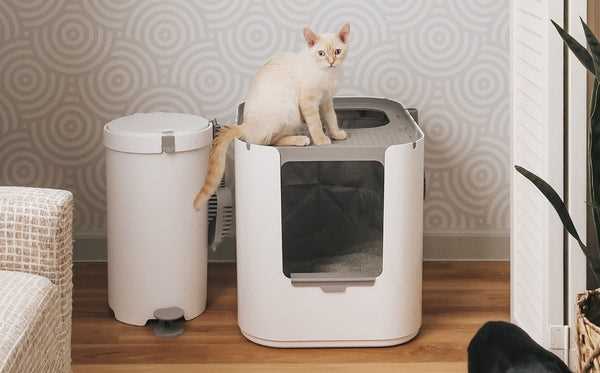
Regular grooming is a non-negotiable. Brush your feline friend daily to reduce shedding and minimize dander. A slicker brush or rubber grooming mitt works wonders for collecting loose fur.
Frequent Cleaning Routines
- Vacuum carpets and upholstery at least twice a week. Use a vacuum designed for pet hair to tackle fur effectively.
- Wash bedding, blankets, and any fabric items your cat frequents weekly to eliminate allergens.
- Use microfiber cloths to dust surfaces, as they trap dander and fur better than traditional cloths.
Air Quality Management
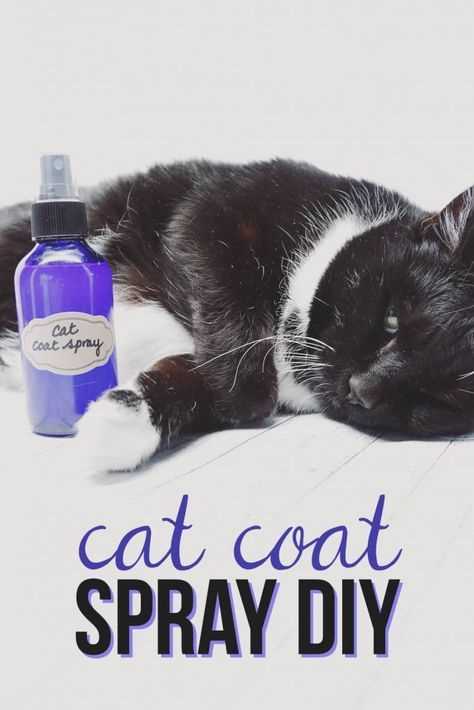
- Invest in a HEPA air purifier to filter out fur and dander particles, improving indoor air quality.
- Open windows regularly to promote airflow and reduce indoor allergens.
- Consider using washable slipcovers on furniture, making cleaning easier.
For outdoor cleaning, using the best pressure washer extension wands can help maintain your patio or yard, minimizing dander that can get tracked indoors.
Tips for Washing Cat Bedding and Accessories
Wash bedding and accessories weekly in hot water. Use a pet-safe detergent to eliminate odors and bacteria effectively.
For stubborn stains, pre-treat them with a mix of baking soda and water before washing. This helps lift the stain and neutralize any lingering scents.
Dry items thoroughly. Damp bedding can develop mold and mildew. Use a dryer on low heat or hang them outside on a sunny day for a fresh scent.
Consider using white vinegar in the rinse cycle. It acts as a natural deodorizer and helps eliminate any remaining odors.
Vacuum any fabric toys or blankets before washing. This removes hair and dander that can contribute to unpleasant smells.
| Item | Washing Frequency | Special Tips |
|---|---|---|
| Bedding | Weekly | Use hot water and pet-safe detergent. |
| Toys | Biweekly | Vacuum before washing, air dry after. |
| Scratching posts | Monthly | Wipe down with a damp cloth and mild detergent. |
| Blankets | Weekly | Add white vinegar to rinse cycle. |
Store clean items in a dry, cool place to prevent musty smells. Avoid plastic containers that can trap moisture.
Rotate bedding and accessories to give them time to air out between washes. This keeps everything fresher for longer.
Creating a Fresh Airflow in Your Home
Open windows daily for at least 15 minutes to allow fresh air to circulate. This simple step reduces stagnant odors and brings in a breath of nature. Make sure to do this when it’s not too cold or hot outside.
Utilizing Fans Effectively
Ceiling or portable fans are excellent tools for promoting airflow. Position them to push air out of the windows, creating a cross breeze that helps remove unwanted scents. Regularly clean the fans to avoid dust accumulation, which can contribute to unpleasant odors.
Air Purifiers are Your Allies
Invest in a quality air purifier with a HEPA filter to capture dander and odors. Place it in areas where your feline friend spends the most time. Change filters according to the manufacturer’s recommendations to maintain optimal performance.
For additional ideas on keeping your furry companions happy, check out the best gifts for cats for christmas. Creating a pleasant environment benefits both humans and pets alike!
FAQ:
What are some natural ways to keep my house smelling fresh with cats around?
There are several natural methods to keep your home smelling pleasant even with cats. First, regularly clean their litter box, as this can significantly reduce odors. You might also consider using baking soda in the litter to absorb smells. Ventilation is important; open windows to let fresh air circulate. Additionally, using essential oils in diffusers can add a pleasant aroma, but make sure they are safe for cats. Lastly, keeping your home tidy and free of pet hair can also help maintain a fresh scent.
How often should I clean my cat’s litter box to minimize odors?
To minimize odors, it is best to scoop your cat’s litter box daily. This helps remove waste before it has a chance to create a strong smell. Additionally, a complete change of litter and thorough cleaning of the box should be done every week or at least every two weeks, depending on how many cats you have and their habits. Regular maintenance not only keeps your home smelling good but also ensures your cat has a clean place to do their business.
Are there any specific products I can use to help eliminate cat odors in my home?
Yes, there are various products designed to combat cat odors. Look for enzymatic cleaners specifically formulated for pet messes, as they break down organic matter that causes smells. Air purifiers with HEPA filters can help remove airborne odors and allergens. Additionally, you might try odor-neutralizing sprays that are safe for pets. Always check that any product you choose is non-toxic to cats, as some common fragrances and chemicals can be harmful to them.



